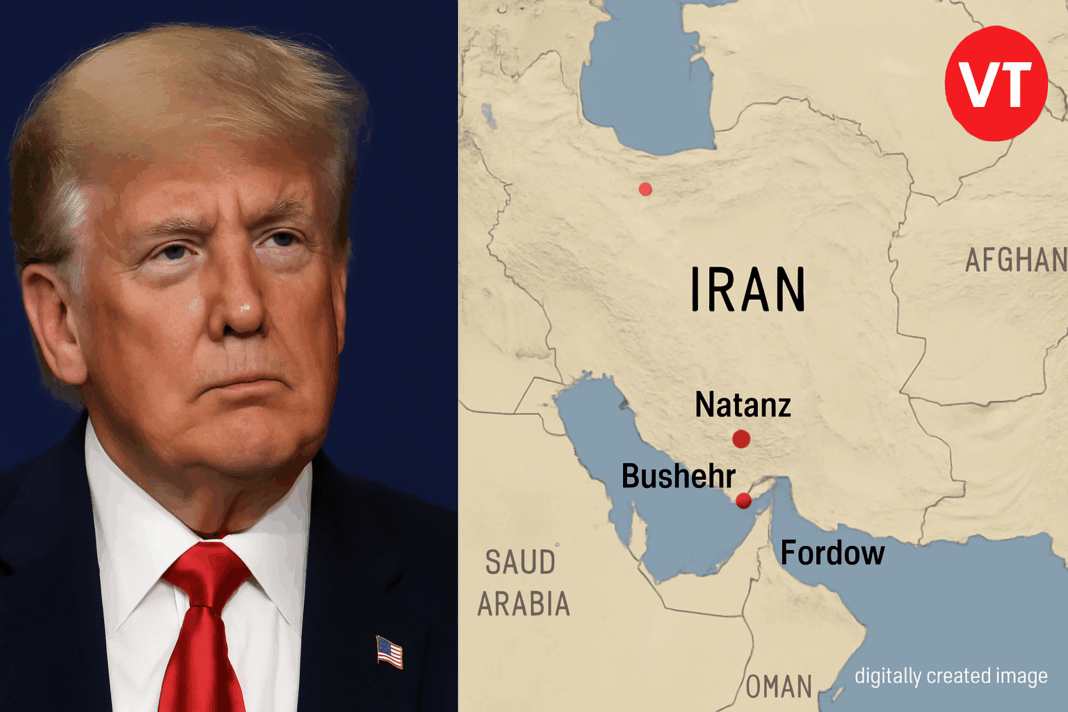President Donald Trump is pursuing a bold diplomatic initiative with Iran, signaling a dramatic shift from his earlier “maximum pressure” strategy. According to CNN, the Trump administration has been quietly engaging Iranian officials—even after ordering strikes on three of Iran’s nuclear enrichment sites over the weekend.
Backchannel Diplomacy Amid Ceasefire
Led by special envoy Steve Witkoff, U.S. officials have proposed a civilian, non-enrichment nuclear program for Iran, with an estimated investment of $20–30 billion. The plan also includes potential sanctions relief, allowing Tehran access to $6 billion in frozen foreign assets, according to CNN report.
“The U.S. is willing to lead these talks,” one official told CNN. “But we will not make that commitment” to fund the program directly. Instead, the administration has suggested that U.S.-backed Gulf allies could finance the reconstruction of the Fordow nuclear facility, which was recently targeted by U.S. bunker-buster bombs.
Creative Proposals, Real Consequences
Despite the military escalation, diplomatic channels remain open. “There are a lot of ideas being thrown around by different people, and a lot of them are trying to be creative,” one source said. Another added, “I think it is entirely uncertain what will happen here”, CNN reported.
Witkoff emphasized the administration’s goal in an interview with CNBC: “Now the issue and the conversation with Iran is going to be, how do we rebuild a better civil nuclear program for you that is non-enrichable?”
Trump’s Position
At the NATO Summit on June 25, President Trump confirmed that talks with Iran would take place next week, though no date has been finalized. “We may sign an agreement,” he said. “I don’t care if we have an agreement or not. They had a war, they fought, now they’re going back to their world”.
Earlier talks scheduled in Oman were canceled following Israeli strikes on Iranian targets. Despite this, the administration remains committed to pursuing a “comprehensive peace agreement” with Tehran.
Conclusion
This is not a hypothetical pivot—it’s a real-time recalibration of U.S. foreign policy. Whether it leads to a lasting peace or further instability remains to be seen. But one thing is certain: the stakes—nuclear proliferation, regional security, and U.S. credibility—are higher than ever.

